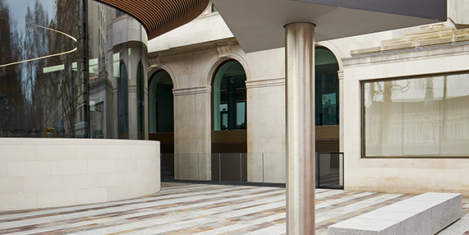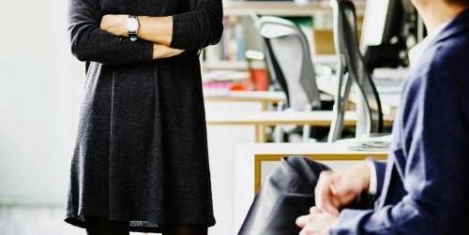April 11, 2017
More needs to be done to boost happiness in the workplace, claims study 0
A new report from Office Genie claims to identify the factors that affect the happiness British staff in the workplace. While the average level of workplace happiness for British employees sits at 3.63/5, the study of 2,000 staff claims to have found some serious causes for concern. Junior staff were the least happy in the workforce: they rank at 3.40 on the happiness scale – comparatively, business owners rank at 4.20 – a significant 25 percent higher. Of further concern, according to the report, was the fact employees with mental health issues feel unsupported in the workplace: Over half (51 percent) of such respondents believe their place of work offers inadequate levels of support. Amongst this demographic the most called-for support method is wellness initiatives, with 45 percent of people with mental health issues saying they would be beneficial – well above the overall average.











 Accommodation and food services, manufacturing, and transport industries will be hardest hit by limits on movement of EU and non-EU workers following Brexit, a new report has claimed. The latest edition of Mercer’s
Accommodation and food services, manufacturing, and transport industries will be hardest hit by limits on movement of EU and non-EU workers following Brexit, a new report has claimed. The latest edition of Mercer’s 








 The more recent employment figures for London suggest that until the terms of Brexit are known and put in motion, the jobs market will remain cautious. This is according to the latest Morgan McKinley London Employment Monitor which found that despite an 81 percent increase in jobs available and an 83 percent increase in professionals seeking jobs; compared to a 115 percent increase in jobs this time last year, the 2017 spike was muted in comparison. The 83 percent increase in job seekers month-on-month is coupled with a 29 percent decrease, year-on-year. Contributing to the decrease is the trickling off of non-British EU nationals working in the City, who comprise up to 10 percent of its workforce. In a post-Brexit survey of professionals conducted by Morgan McKinley, these individuals reported either moving abroad, or considering leaving London because of Brexit.
The more recent employment figures for London suggest that until the terms of Brexit are known and put in motion, the jobs market will remain cautious. This is according to the latest Morgan McKinley London Employment Monitor which found that despite an 81 percent increase in jobs available and an 83 percent increase in professionals seeking jobs; compared to a 115 percent increase in jobs this time last year, the 2017 spike was muted in comparison. The 83 percent increase in job seekers month-on-month is coupled with a 29 percent decrease, year-on-year. Contributing to the decrease is the trickling off of non-British EU nationals working in the City, who comprise up to 10 percent of its workforce. In a post-Brexit survey of professionals conducted by Morgan McKinley, these individuals reported either moving abroad, or considering leaving London because of Brexit.











March 8, 2017
In a crowd of truths, we can discern and reclaim what it means to be human 0
by Neil Usher • Comment, Facilities management, Technology, Workplace design
(more…)